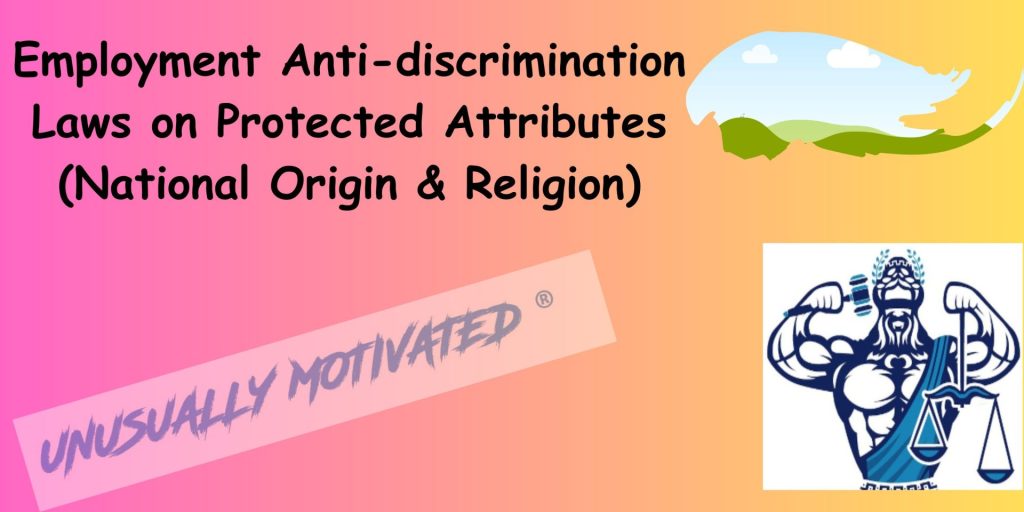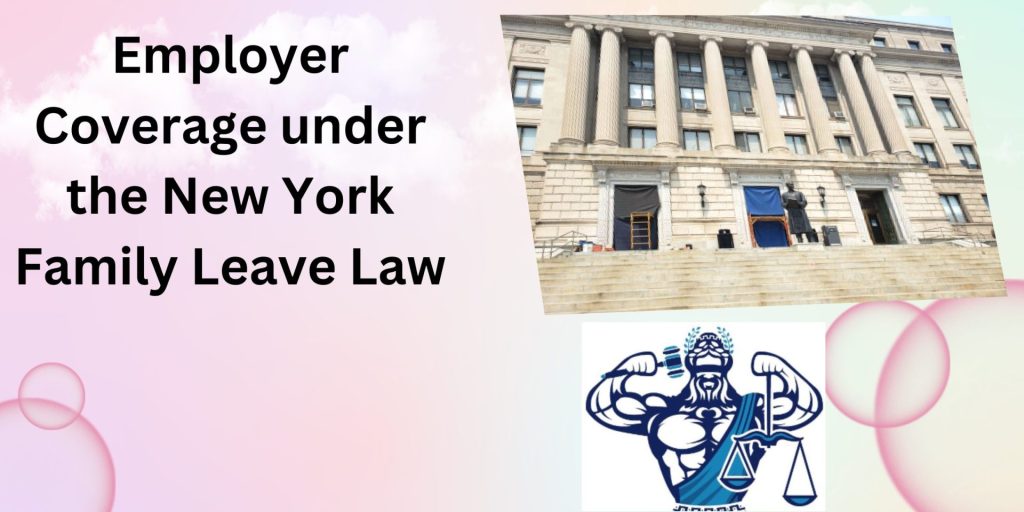Employment and labor laws comprise some of the most complex and extensive laws, not only in New York but in other states as well. Therefore, it is very critical for you, as an employer, to be cognizant of what laws, whether local or federal, apply to specific employment issues and jurisdictions, especially owing to the ubiquity of an explosion in lawsuits in the U.S., which has been coherent with a public obsession for litigation, a growing lawyer population, and the enactment of new laws and amendments of others.
Under this context, this blog is an overview of a myriad of requirements concerning recordkeeping and record retention for employers under the New York City Human Rights Law (NYCHRL), a major local employment law in New York, in relation to its applicability to legal issues such as wage and hour, discrimination, and retaliation, among others. Accordingly, some of the key elements identified include applicable statutes of the NYCHRL, types of records required to be retained by employers under this law, duration of which records must be retained, penalties and citation for failure to comply, and other relevant information for employer concerning requirements for recordkeeping and the retention of records.
However, it is crucial to mention that the information provided herein does not address requirements for the retention of records when a complaint or charge has been filed by an employee. Nonetheless, although the requirements may apply to both public and private employers, the information is intended for the latter.
That being said, let us dive right in.
Types of Records that Must be Retained Pursuant to NYCHRL
For starters, where it has set an investigation in motion following a complaint or on its own, the New York City Commission on Human Rights (NYCCHR), pursuant to N.Y.C. Admin. Code § 8-114(b), has the discretion to demand that (1) all records relevant to determine the occurrence of an unlawful discriminatory practice and that were made and retained during the preceding year when the business operated on its ordinary course to continue being made and retained and (2) all such records relevant to make such a determination to be retained and preserved by the employer.
Duration of Retention Requirements under Each Statute
Employers must also understand that, pursuant to the same statute, a demand by the NYCCHR that records should continue being made, retained, and preserved remains effective immediately the employer is served with notice and remains in effect until (1) the termination of all proceedings concerning the civil action or the filed complaint or (2) 2 years after the date the employer was served.
Penalties and/or Citations Following Failure to Comply
If it fails to comply with the Commission’s demand(s), the employer is then served with a notice and then all relevant parties are given the chance to be heard in support or opposition, after which the employer is subject to action or orders by the Commission, which include, but are not limited to (1) an order requiring the matter to be established adversely to the claim of the noncomplying party, (2) an order barring the noncomplying party from cross-examining witnesses, introducing testimony or evidence, or otherwise opposing or supporting designated defenses or claims, (3) an order requiring a court to strike out either a part of the pleadings or the pleadings in whole, and (4) an order prohibiting the noncomplying party from raising objections to the use or introduction of secondary evidence showing what the required records, other evidence, or withheld testimony documents would have shown.
In addition to the above orders or other sanctions or penalties, any individual who willfully interferes with, impedes, or prevents the NYCCHR or any of its representatives or members from performing their duties, is guilty of a misdemeanor punishable by a fine of up to $10,000, imprisonment for up to 12 months, or both.
Other Key Information for Compliance
In addition, employers must also be aware that where it has set an investigation in motion following a complaint or on its own, the NYCCHR, pursuant to N.Y.C. Admin. Code § 8-114(b), has the discretion to demand that employers file the required records and/or provide the same for inspection by the Commission.
However, employers can assert objections to the demand of the NYCCHR. Unfortunately, they must also be aware that absent of an order by the NYCCHR, such objections do not stay compliance, which underscores the need to comply with all relevant and appropriate requirements for recordkeeping and the retention of records.
In case you need further clarification regarding the information shared in this blog post, we, the authoritative force in Employment & Labor Law, serving as primary counsel or cumis counsel and providing diverse legal services in both a traditional and online, web-based environment, whether it be for small or large-scale businesses on a panel or a case-by-case basis, are just a call or email away!
Also, beware that we are not only taking over the industry when it comes to Employment Defense and Employment Practices, but also in Intellectual Property Defense (Trademark, Copyright, and Proprietary Information), Management Side Defense, Regulatory and Compliance, Business Law & Corporate Law, and Professional Liability, among others. Whether serving directly or on behalf of a third party (EPLI, D&O, E&O), we stay unusually motivated® to take on all your needs!
As we continue dropping knowledge bombs every day, stay tuned for more educative, inspiring, and interesting videos and blogs. In the interim, if there are any questions or comments, please reach out to us through our website https://milettilaw.com/ and let us know at the Contact Us page!
Always rising above the bar,
Isaac T.,
Legal Writer, Author, & Publisher.
 Professional Legal & Business Services And Representation - English & Espanol!
Professional Legal & Business Services And Representation - English & Espanol!

 314-648-2586
314-648-2586 CALL US NOW
CALL US NOW








